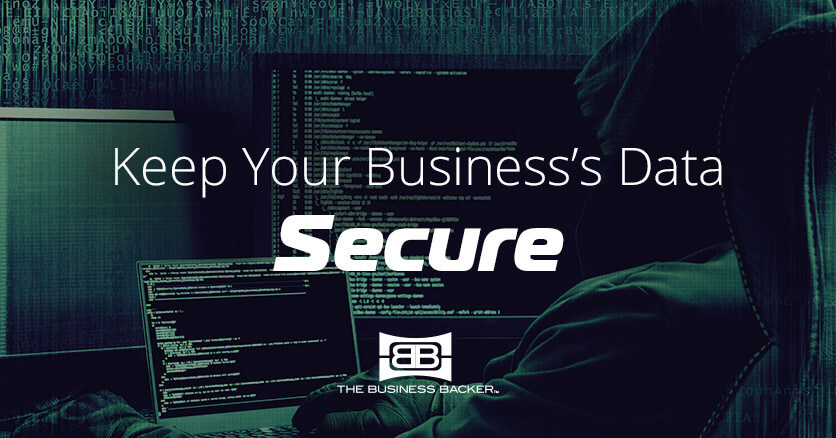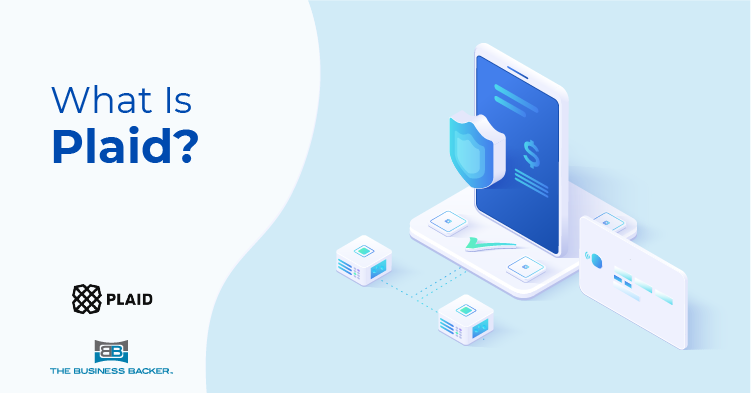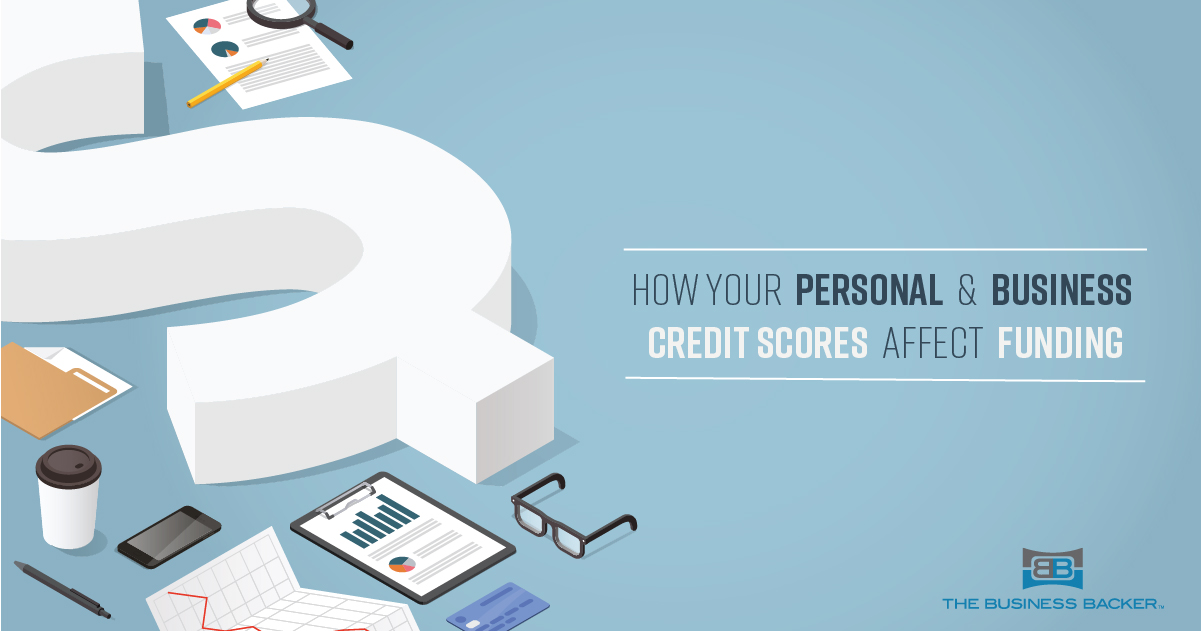How to Protect Your Business From Cyberattacks
If you’re a small business owner, you might think that data security is something only the big shots need to worry about — after all, why would a hacker try to steal from you when they could go after much larger targets? But did you know that 61% of data breaches in 2016 were at companies with fewer than 1,000 employees?1 The fact is many small companies don’t have the necessary precautions to prevent attacks, and they lack larger companies’ resources to effectively respond, making them attractive targets to hackers, even if the rewards are smaller.
So what can you do to keep your business safe? The first thing is to be aware of the risks — once you know what you’re up against, you can start planning on how to protect yourself. Read on to learn some good ways to start keeping safe.
Make sure your software is up to date.
One of the main way hackers get into systems is through vulnerabilities in software code. Software providers regularly release updates that fix newly discovered issues, but many people ignore the auto-update messages, leaving themselves exposed. Ensure that every device your business uses is updated on a regular schedule. It’s also important to stay aware of developer support for software — if you’re using an operating system that’s out of date, the creator might not even be releasing security updates anymore!
Educate yourself and your employees about safe practices.
An email comes through with an attachment and you download it without really thinking, curious to see what it is. Suddenly, your computer’s freezing up — you’ve downloaded a virus! This common hacker tactic can wreak havoc on computers, but it also relies on potential victims not paying attention. If you educate yourself and train your employees to never download files from addresses they don’t recognize, you’ll go a long way towards protecting your business. A similar cyberattack called phishing gets people to send sensitive data like logins and passwords by pretending to be a legitimate company — a look at the sender’s address will often reveal them as fraudsters!
Keep an eye on your most sensitive data.
If your company is big enough, it might be a good idea to consider using software to monitor the usage of your employees’ work devices. Even if you trust everyone who works for you, all it takes is one slip-up and you could be in big trouble. By monitoring usage and making sure all employees use safe practices like two-step authentication, you can make sure you know when anyone is trying to access information or systems that they shouldn’t be.
References
1CBS News. (September 27, 2017). Equifax hack has small businesses feeling defenseless. Retrieved October 18, 2017, from https://www.msn.com/en-us/money/smallbusiness/equifax-hack-has-small-businesses-feeling-defenseless/ar-AAsxCQ5





